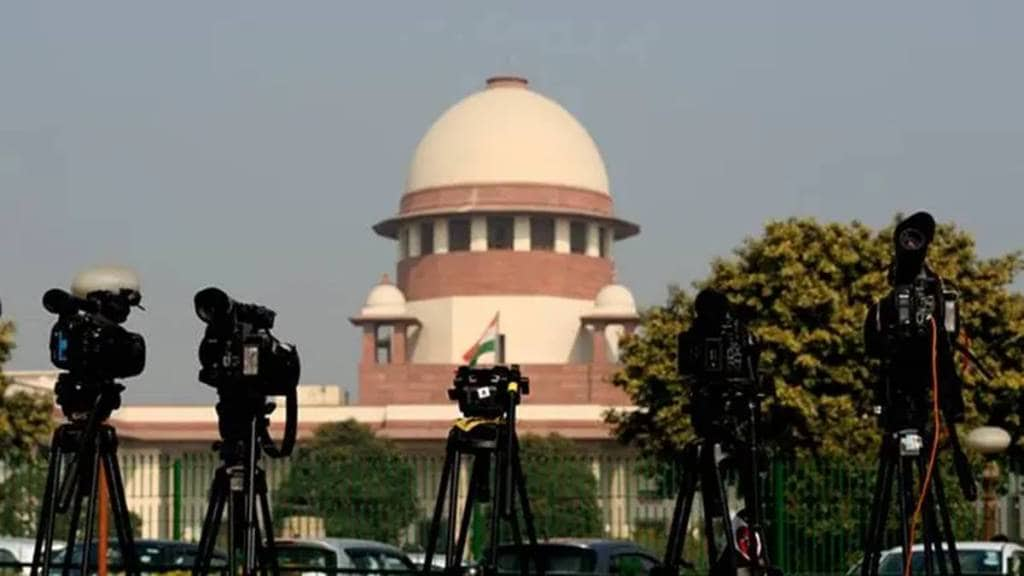The Supreme Court is set to hear a batch of petitions challenging parts of the Places of Worship (Special Provisions) Act, 1991, on December 12.
A three-judge bench, led by Chief Justice Sanjiv Khanna and including Justices Sanjay Kumar and K.V. Viswanathan, will take up the matter at 3.30 pm, as PTI reported.
The 1991 law prohibits filing lawsuits to reclaim a place of worship or alter its religious character as it existed on Aug. 15, 1947. Among the petitions is one by advocate Ashwini Upadhyay, who argues that sections 2, 3 and 4 of the law are unconstitutional because they deny judicial remedies to individuals or groups seeking to reclaim religious sites.
The law is also at the center of disputes involving the Gyanvapi Mosque in Varanasi, the Shahi Idgah Mosque in Mathura, and the Shahi Jama Masjid in Sambhal. Hindu groups claim these sites were built by destroying temples, while Muslim groups argue that the 1991 law renders such suits inadmissible.
The petitioners include former Rajya Sabha member Subramanian Swamy, who has asked the court to “read down” provisions of the law to allow claims over the Gyanvapi and Shahi Idgah mosques. Upadhyay, however, contends the entire statute is unconstitutional, dismissing the need for any partial interpretation.
On the opposing side, the Jamiat Ulama-i-Hind has invoked the Supreme Court’s 2019 Ayodhya verdict, which upheld the Places of Worship Act as a means to preserve communal harmony and maintain the status of religious sites as of 1947.
The law, enacted during the tenure of Prime Minister P.V. Narasimha Rao, includes an exception for the Ram Janmabhoomi-Babri Masjid dispute.
The Supreme Court last sought the central government’s response to Upadhyay’s petition in March 2022. So far, six petitions have been filed challenging the law.
(With PTI Inputs)


